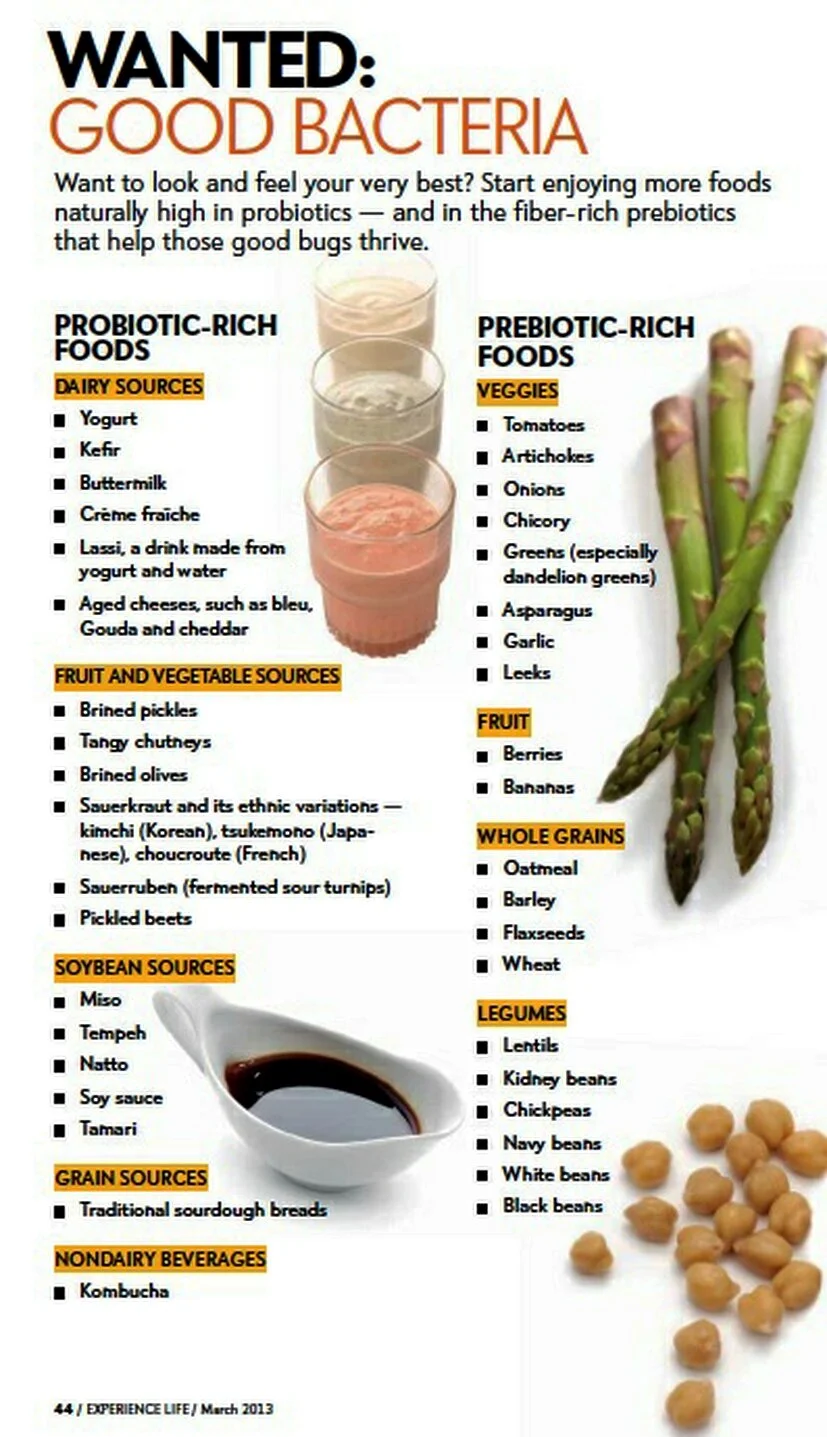What are Probiotics?
Written By Leila Kiani
What are Probiotics?
Probiotics are live microorganisms (e.g., bacteria, cyanobacteria, fungi, etc.) that are either the same as or similar to microorganisms found naturally in the human body and may benefit our body's well-being. The body continually has both good and bad bacteria in the gut, mouth, vagina, urinary tract, skin, and lungs. There are more bad bacteria in the time of infection, knocking the body system out of balance. Probiotics (good bugs) help eliminate extra nasty bugs, returning the balance. Probiotics are live microorganisms. When taken in sufficient amounts, they can help restore the natural balance of gut bacteria. As a result, health benefits may follow. The probiotics that are marketed as nutritional supplements and functional foods are the most common types of probiotics.
Though many types of bacteria can be considered probiotics, two specific types of bacteria and one type of yeasts are common probiotics found in foods and supplements. These include: Lactobacillus, Bifidobacterium, Saccharomyces boulardii.
Possible Health Effects of Probiotics
The table below lists some suggested health benefits of consuming probiotics.
Intestinal effects
• Relieve effects, promote recovery from diarrhea (rotavirus, travelers' and antibiotic induced)
• Produce lactase, alleviate symptoms of lactose intolerance and malabsorption
• Relieve constipation
• Treat colitis
Immune system effects
• Enhance specific and nonspecific immune response
• Inhibit pathogen growth and translocation
• Stimulate gastrointestinal immunity
• Reduce chance of infection from common pathogens (Salmonella, Shigella)
Other effects
• Reduce risk of certain cancers (colon, bladder)
• Detoxify carcinogens
• Suppress tumors
• Lower serum cholesterol concentrations
• Reduce blood pressure in hypertensives
• Treat food allergies
• Synthesize nutrients (folic acid, niacin, riboflavin, vitamins B6 & B12)
• Increase nutrient bioavailability
• Improve urogenital health
• Optimize effects of vaccines (e.g. rotavirus vaccine, typhoid fever vaccine)
Getting probiotics from supplements is popular, but you can also get them from foods!
Here is a list of 11 probiotic foods that are super healthy.
1. Yogurt
2. Kefir
3. Sauerkraut
4. Tempeh
5. Kimchi
6. Miso
7. Kombucha
8. Pickles
9. Traditional Buttermilk
10. Natto
11. Some Types of Cheese - The good bacteria survive the aging process in some cheeses, including Gouda, mozzarella, cheddar and cottage cheese
Conclusion:
The flora in the human gut constitutes an extremely complex living system that aggressively protects your body from outside offenders. The average American also eats far too many sugars, feeding the unhealthy bacteria, which stimulate disease. Chemicals can also disrupt the microflora. The "bad" bacteria primarily reside in "the intestinal lining (mucosal barrier) that is over 300 square meters, or about the size of a tennis court". Over time, new food products containing probiotics will emerge, such as energy bars, cereals, juices, infant formula, and cheese, as well as disease-specific medical foods. The establishment of standards of identity for probiotic-containing food products will serve to accelerate their development and availability. Available data from traditional medicine and clinical use clearly state that probiotics have great health potential, particularly today with the increasing threat of antibiotic over-usage and prevalence of antibiotic-resistant microorganisms. Still, individuals must ask their doctor before taking any dietary supplement, including probiotics or changing their diet for this purpose.
References:
1- Bugs in Our Guts – Not All Bacteria Are Bad: How Probiotics Keep Us Healthy 2- Harvard Health Probiotics
2- probiotics - Cleveland Clinic
3- Pinterest Probiotics
4- Healthline Probiotics
5- Beneficial Properties of Probiotics 6- Probiotics: What You Need To Know 7- Lactobacillus

